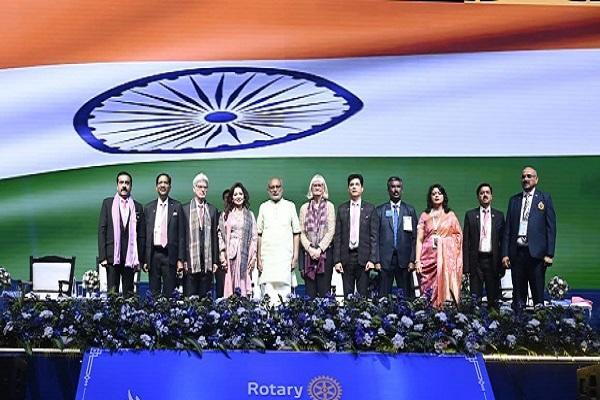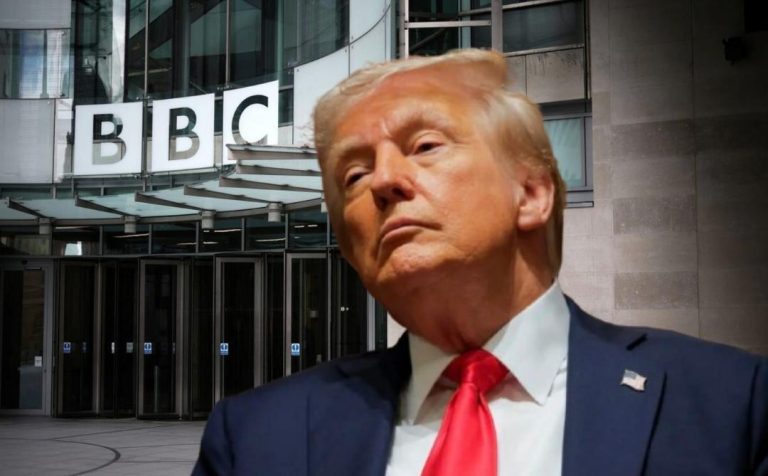
US Tariffs Disrupt Trade Order, Raise Concerns for India
The United States’ recent decision to impose sweeping reciprocal tariffs on imported goods has sent shockwaves across the global trade landscape. The move, aimed at addressing alleged trade imbalances, has sparked concerns about the stability of the international trade framework and its implications for countries like India. As experts caution, the shift from rule-based systems to power-driven negotiations could have far-reaching consequences for the global economy.
In a recent podcast, Abhijit Das, a prominent economist, highlighted the potential risks associated with the US tariffs. According to Das, the tariffs are not just a trade policy issue but a reflection of the US’s growing assertiveness in global trade relations. “The Trump administration is trying to rewrite the rules of global trade by using tariffs as a bargaining chip,” he said in the podcast. “This is a major shift from the traditional rule-based system, where trade agreements were designed to promote free and fair trade.”
The US tariffs, which target various imported goods, including metals, textiles, and electronics, are estimated to impact over $200 billion worth of trade. While some economists argue that the tariffs will ultimately benefit the US economy by promoting domestic industry and reducing trade deficits, others caution that the move could have unintended consequences.
One of the primary concerns is the potential for retaliatory measures from other countries. In response to the US tariffs, China, the European Union, and other major trading partners have announced their own tariffs on US exports. This tit-for-tat approach could lead to a trade war, resulting in tariffs on a wide range of goods and services.
For India, the situation is particularly complex. As a significant player in the global trade landscape, India is both an importer and an exporter of goods. On the one hand, the US tariffs could benefit Indian industries that compete with US exports, such as textiles and pharmaceuticals. On the other hand, India’s growing export ambitions could be hampered by retaliatory tariffs imposed by other countries.
“India needs to carefully navigate this complex trade environment,” said Das in the podcast. “While the US tariffs may provide some benefits to Indian industries, the broader implications for global trade and the economy are far more significant. India needs to balance its domestic industry protection needs with its growing export ambitions.”
India’s trade strategy is guided by its “Make in India” initiative, which aims to promote domestic manufacturing and reduce dependence on imports. The initiative has led to significant growth in India’s manufacturing sector, with exports of goods like textiles, pharmaceuticals, and automobiles increasing steadily.
However, the US tariffs and retaliatory measures could disrupt India’s export plans. The country’s exports to the US, which account for around 15% of its total exports, could be impacted by the tariffs. Additionally, India’s exports to other countries, such as China, could also be affected by retaliatory tariffs.
To mitigate these risks, India needs to adopt a pragmatic approach to trade. The country should engage in constructive negotiations with the US and other trading partners to address its trade concerns while also promoting its own exports. India should also diversify its trade relationships and explore new markets to reduce its dependence on any one country.
In conclusion, the US tariffs have disrupted the global trade order and raised concerns for India. As the country navigates this complex trade environment, it needs to balance its domestic industry protection needs with its growing export ambitions. By adopting a pragmatic approach to trade and engaging in constructive negotiations with trading partners, India can mitigate the risks associated with the US tariffs and promote its economic growth and development.






